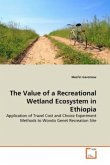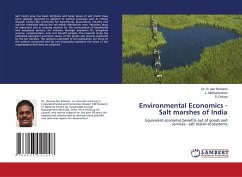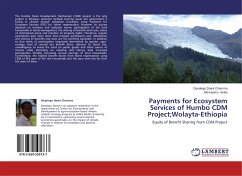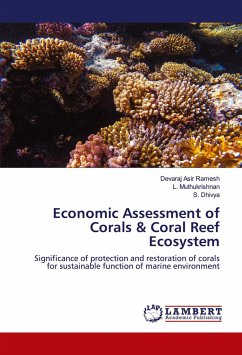This book presents a new framework for understanding, analyzing and improving agro-ecosystems services and their governance. It incorporates interdisciplinary approach taking into account the role of specific institutional environment (formal and informal rules and rights); behavioral characteristics of agents (preferences, bounded rationality, opportunism, risk aversion, trust); transactions costs and their critical factors (uncertainty, frequency, asset specificity, appropriability); comparative efficiency of market, private, public and hybrid modes of governance; efficiency of feasible modes for public intervention (assistance, regulation, taxation, funding, provision, partnership); needs for multilateral, multilevel and multinational governance; technological and ecological factors. In depth analysis is made on the state and prospects of environmental governance in Bulgaria during post- communist transition and EU integration. Book is helpful for scholars, businessmen, farmers, civil servants, policy-makers, interest groups, non- governmental and international organizations, and individuals who want to understand and contribute to agro-ecosystem services.
Bitte wählen Sie Ihr Anliegen aus.
Rechnungen
Retourenschein anfordern
Bestellstatus
Storno








